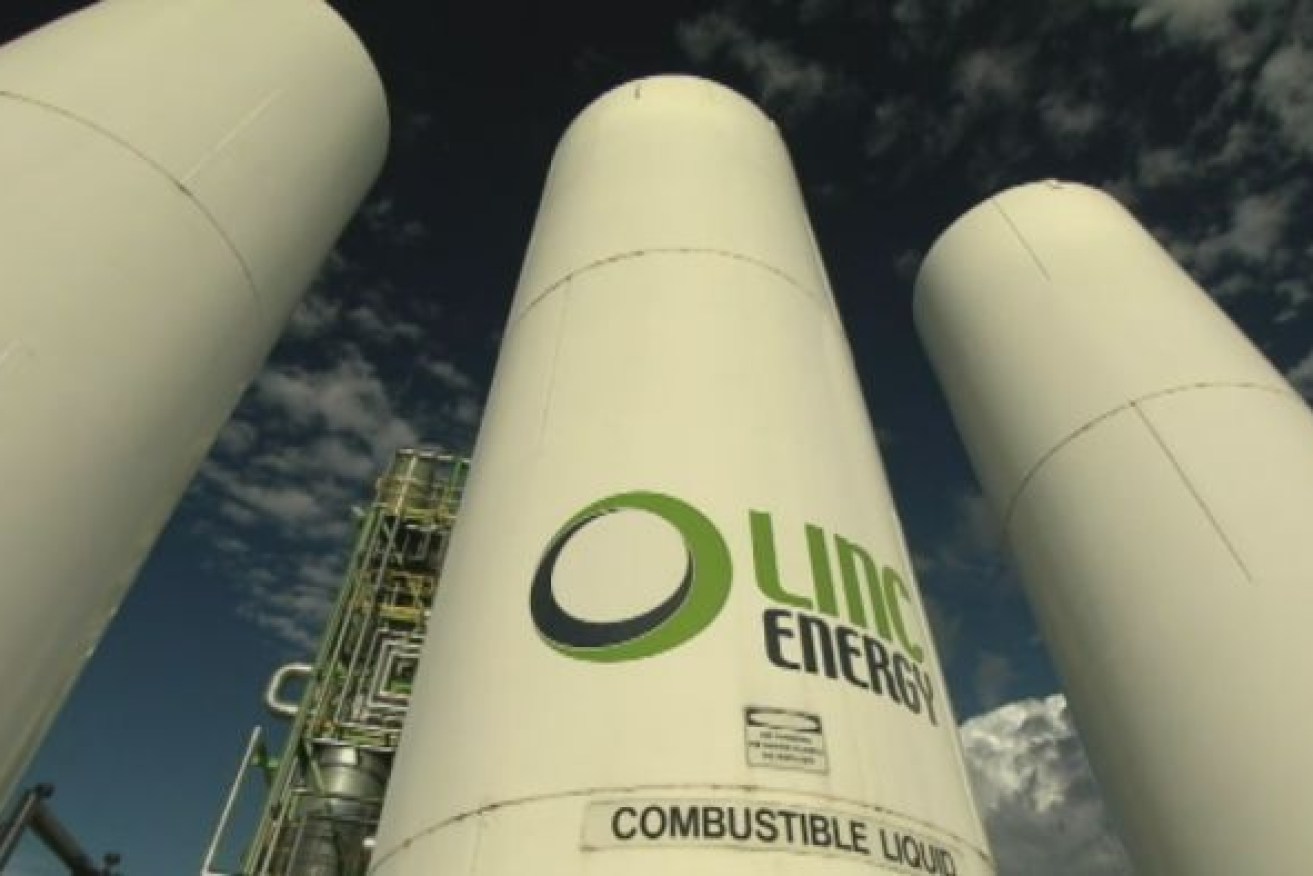Linc has become nasty stain on government’s green credentials
What a debacle Linc Energy has been, not just from the company itself but the complete mishandling of the issue from the State Government.


Remediation of the plant's site near Chinchilla is expected to take decades. Photo: ABC
As news circulated about the collapse of the case against the directors of Linc began circulating yesterday, the Environment Minister Meghan Scanlon issued a comment that it should not detract from the $4.5 million fine imposed on the company by the courts.
But by the time that case had washed through the courts, Linc had itself collapsed and had been liquidated. Essentially, it no longer existed and it wasn’t even able to provide a defence in the courts.
The Linc Energy issue initially landed on the desk of then Environment Minister Steven Miles a week after the Palaszczuk Government came to office in 2015, but it was a creation stemming back to the Beattie Government that failed dismally. All three companies that went ahead with underground coal gasification trial projects were fined for environmental breaches.
In the case of Linc, the public was told it had caused “irreversible, widespread contamination’’, some of which may have been potentially carcinogenic and capable of asphyxiating humans and animals, if exposed.
Linc was running a pilot underground coal gasification project near Chinchilla and essentially lost containment of the gases which then allegedly seeped into the surrounding environment.
At the time Steven Miles and one of his senior bureaucrats flew out to Dalby to talk to concerned locals. On the plane on the way out there the public servant and Miles briefed reporters about the extent of the contamination and were told by the bureaucrat (who is no longer with the Government) that seeping gases could lead to an event that could be as bad as the Hindenberg – an anology that was dangerously off the mark.
The Government then introduced the legislation which would mean that directors could be held liable for the environmental damage caused by their project. It was this legislation that led to Linc’s directors going through seven years of a legal fight that collapsed into a shambles recently when the DPP considered there was little prospect of success in the case.
The wash-up is that no one has been held accountable and no fine has been paid.
The State Government had budgeted this year for another $15.6 million over the next two years to continue the clean up of the surrounding land and to pay for legal action against its former executives. It has already cost about $30 million.
The Government has said it is considering its legal options, but it should do more than that. It should rewrite its legislation or scrap it completely.
This saga has been one bad mistake after another.












